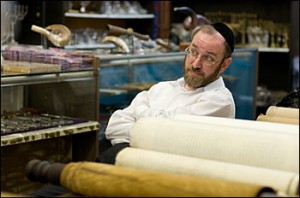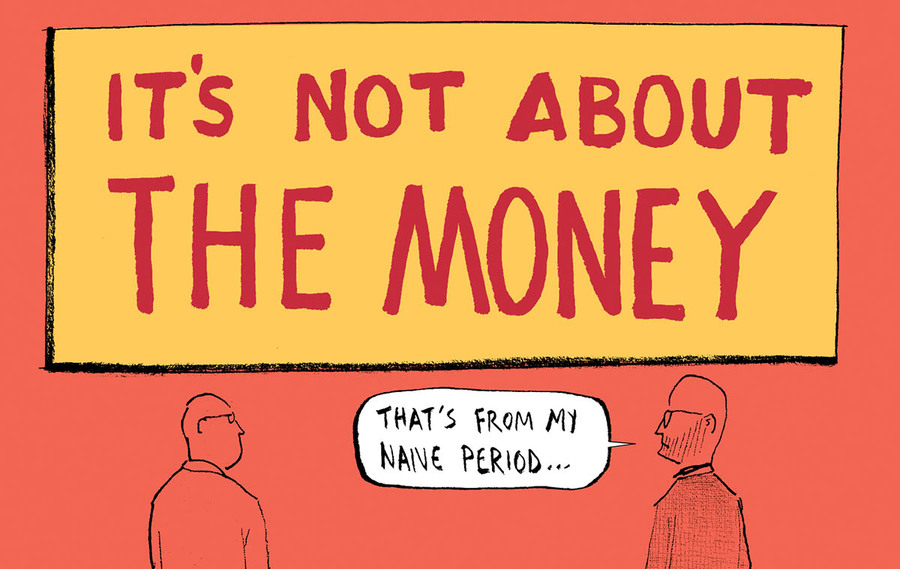The Washington Post ran a very interesting exposé-type piece on Sunday by Martha Wezler revealing that a Torah rescuing Rabbi’s miraculous claims about his discoveries may be less than true.
The core of the story is a claim by Rabbi Youlus that he discovered two Torah scrolls in a mass grave in Ukraine ended up with five different buyers. Obviously something isn’t kosher. What is particularly interesting to me are two points, the ethics and the discussion of myth at the end of the piece.

On the first, the author quotes several people who work with various Jewish organizations that seek to restore stolen and lost Jewish art and property to the communities from which they were taken. Something that I believe is, by and large, a good and noble cause. On first blush we might think that Youlus is also doing something good and noble (leave aside for the moment the question of his veracity) by “rescuing” these Torah scrolls and returning them to use in Jewish communities. Except those Jewish communities are almost always in the US and the purchase those scrolls at significant cost. Would it not be better to restore the scrolls to the community from whence they came? In the cases cited in the story there are not only Jewish communities reestablishing themselves in those Eastern European regions, but there are also the active organizations that I just referenced. Is this any better or different than the original theft of Jewish items during the war? (Youlus claims to remove many of these scrolls at night, through espionage, and in other questionable but very exciting sounding methods.)
Then there is the question of myth. When those who have purchased these scrolls were asked by the author of the article about whether or not they could be certain that Youlus was telling the truth, given that there were now five “owners” of the two Ukranian Torah scrolls, there is a reluctance to admit any wrong doing. One person said that revealing Youlus’ deception would be a “disservice of a greater truth,” remembering those who suffered and died because of the Nazis.” But Prof. Dwork of Clark University rightly, in my opinion, points out that
such tales can play into the hands of Holocaust deniers. For her, the historical record must be “absolutely crystal clear. Anything that deviates from that one whit does the memory of the Holocaust a huge disservice,” she says.
I will let the author conclude the story herself, but I think that theft and deceit should be revealed for what it is. A “greater good” is not served by such dissembling. Truth is the greater good.
As for Youlus’s Torah rescue stories, Berenbaum came to his own conclusion. “A psychiatrist might say they are delusional. A historian might say they are counter-factual. A pious Jew might call them midrash — the stories we tell to underscore the deepest truths we live,” he says. Midrash, in this context, refers to the ancient tradition of rabbis telling anecdotes and fables to convey a moral lesson. “Myth underscores the deepest truth we live,” Berenbaum says.
But for Kushner, who to honor his father bought a Torah he believed was from a mass grave, “It’s better that I should know the truth than I should go on the rest of my life believing in a myth.”




